Nighttime driving can be a daunting task, fraught with hazards that are not as apparent as during the day. The darkness, coupled with weather conditions like fog and rain, can significantly reduce visibility, making it a high-risk endeavor. But what if there was a way to enhance your car's ability to see through the night? Enter thermal night vision technology—a game-changer for road safety. In this article, we'll explore whether you can add thermal night vision to your car and the benefits it brings.
Understanding Thermal Night Vision Technology
Thermal imaging, also known as thermography, is a technique that uses infrared radiation to see heat signatures. Unlike traditional night vision, which amplifies available light, thermal imaging detects the heat emitted by objects and living beings. This kind of thermal night vision for cars allows drivers to see in complete darkness and through conditions like fog, making it a superior choice for night vision.
Benefits of Thermal Night Vision for Cars
- Improved Safety:Thermal night vision systems can detect pedestrians, animals, and obstacles from a greater distance, giving drivers ample time to react and avoid potential accidents.
- Enhanced Visibility:These systems provide clear visibility in low-light conditions and adverse weather, ensuring you can see the road ahead even when it's pitch dark or foggy.
-
Real-Time Alerts:Advanced systems come with AI algorithms that issue real-time alerts, helping drivers make quick decisions and respond to hazards effectively.

Choosing the Right Thermal Night Vision System
When selecting a thermal night vision system, consider the following:
- Detection Range:Look for systems that can detect objects at a distance of at least 300 meters.
- Resolution and Clarity:High-resolution systems provide clearer images, enhancing the ability to identify hazards.
- AI Capabilities:Modern systems use AI to differentiate between real targets and false positives, ensuring accurate alerts.
The Automotive AI Night Vision Master and the ThermalMaster NV300 stand out for their high-sensitivity core, "Razor X" ultra-clear image algorithm, and AI collision warning features.

Installation Process:
Adding a thermal night vision system to your car is a straightforward process. Most systems come with clear instructions and all necessary components. Ensure compatibility with your vehicle's electrical system and follow the manufacturer's guidelines for optimal setup.
Legal Considerations and Ethical Use:
Before installing a thermal night vision system, check local laws for any restrictions on its use. Also, be mindful of privacy concerns and use the technology responsibly.
Maintenance and Troubleshooting:
Proper maintenance is key to keeping your thermal night vision system in top condition. Regularly clean the lens and follow the manufacturer's maintenance guidelines. If you encounter issues, consult the manual or contact customer support.
Real-World Applications and Testimonials:
Many drivers have reported a significant improvement in their nighttime driving experience after installing thermal night vision systems. These systems have helped avoid collisions with animals and pedestrians, proving their effectiveness in real-world scenarios.
Adding a thermal night vision system to your car is not only possible but also highly beneficial. It can greatly enhance your safety and visibility during nighttime drives. With the right system, you can navigate through darkness and adverse weather with confidence.
Ready to enhance your car's capabilities? Consider the ThermalMaster NV300 for a top-notch thermal night vision experience.





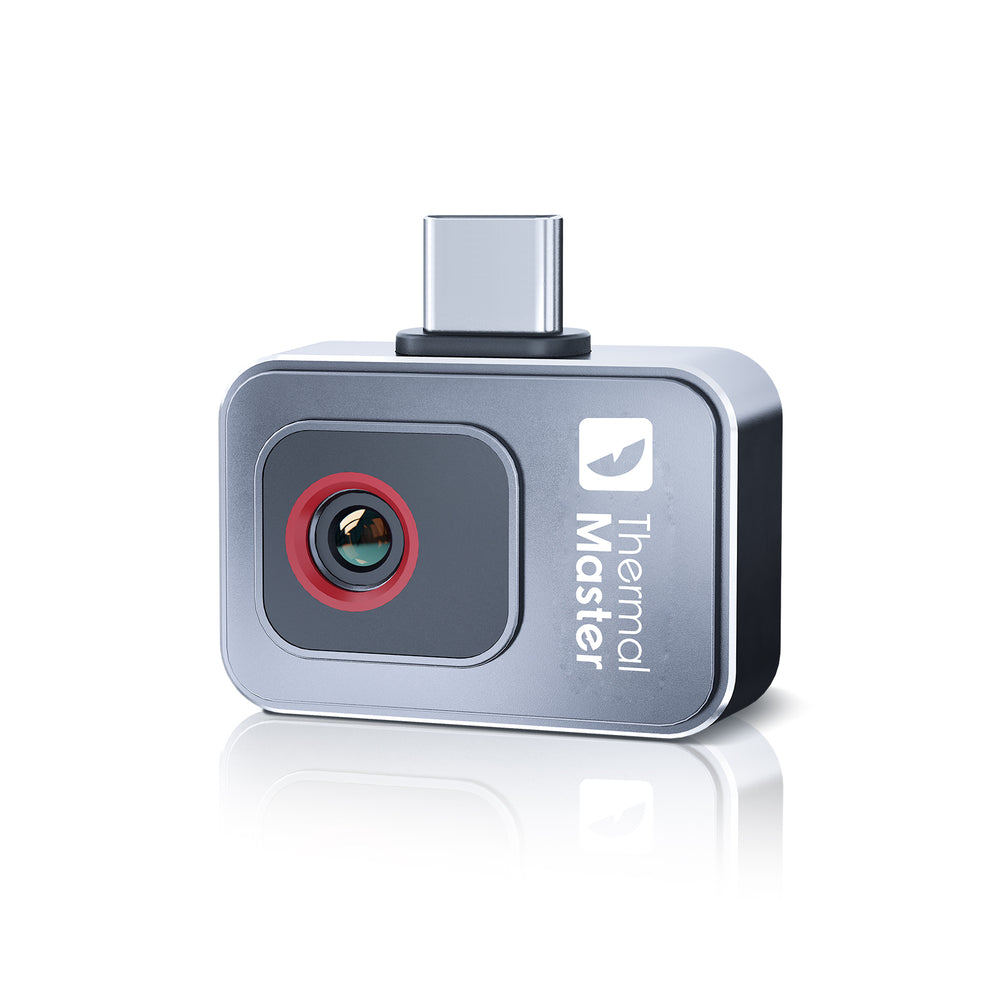
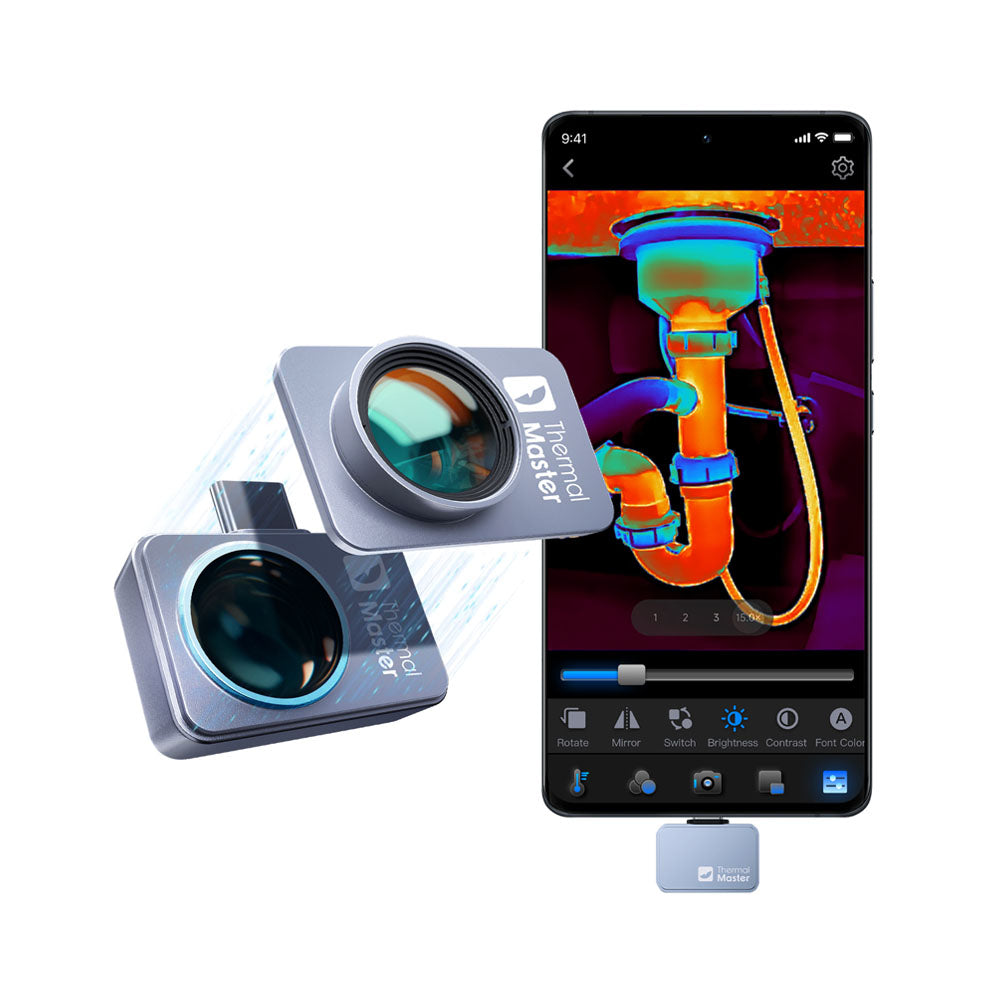

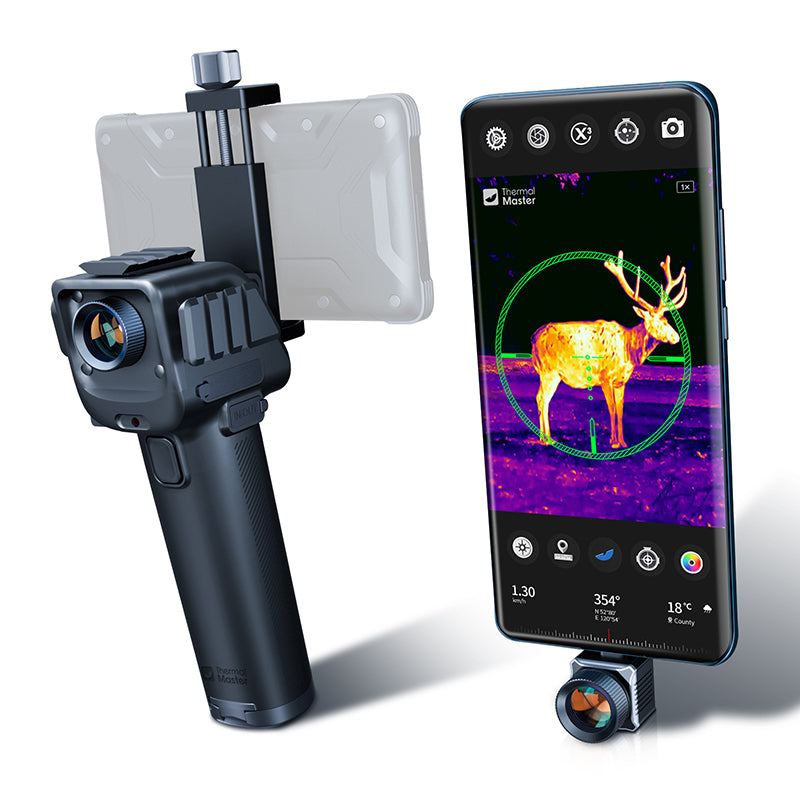
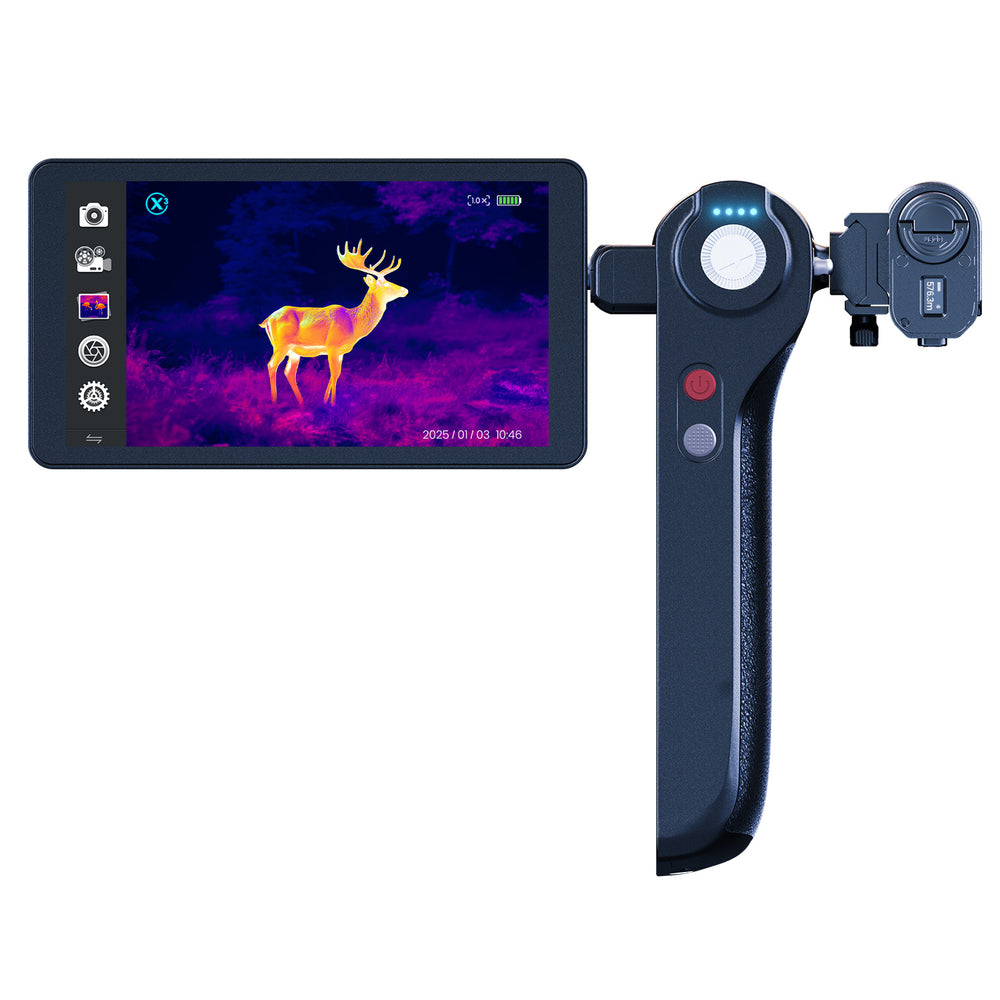
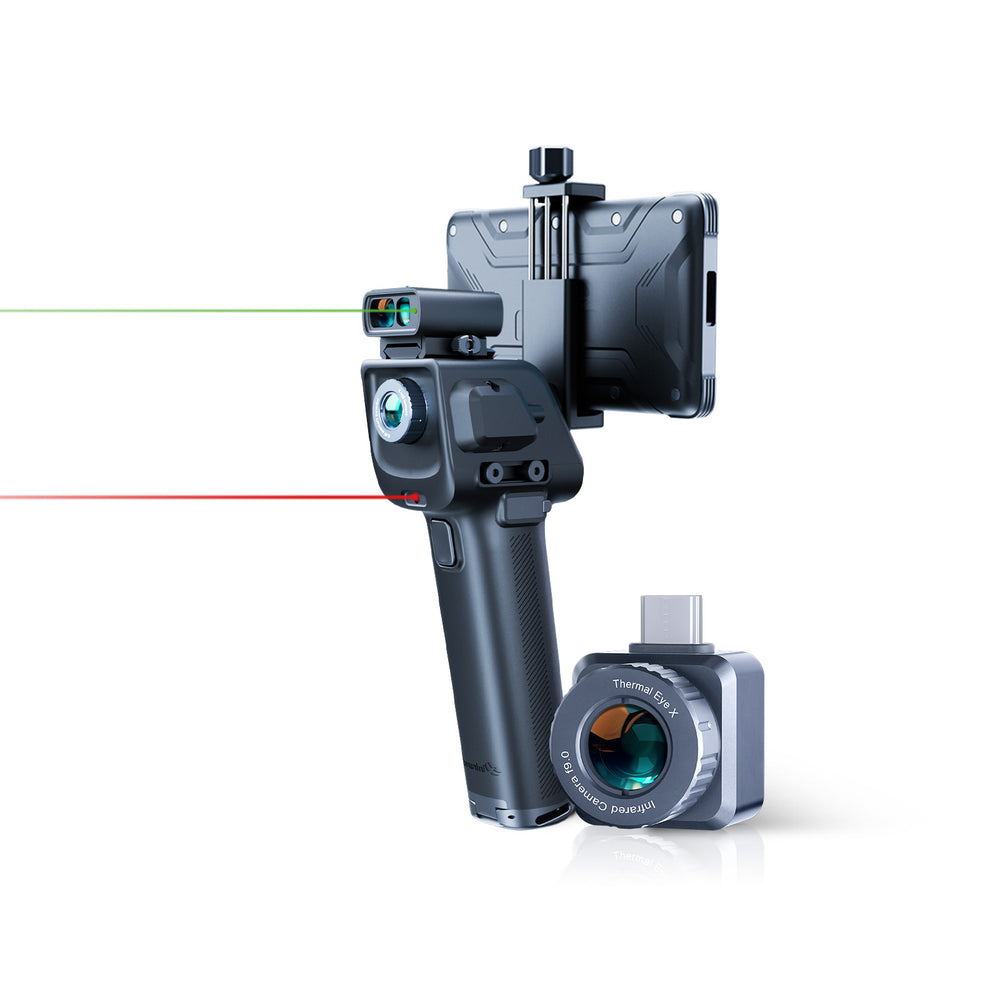
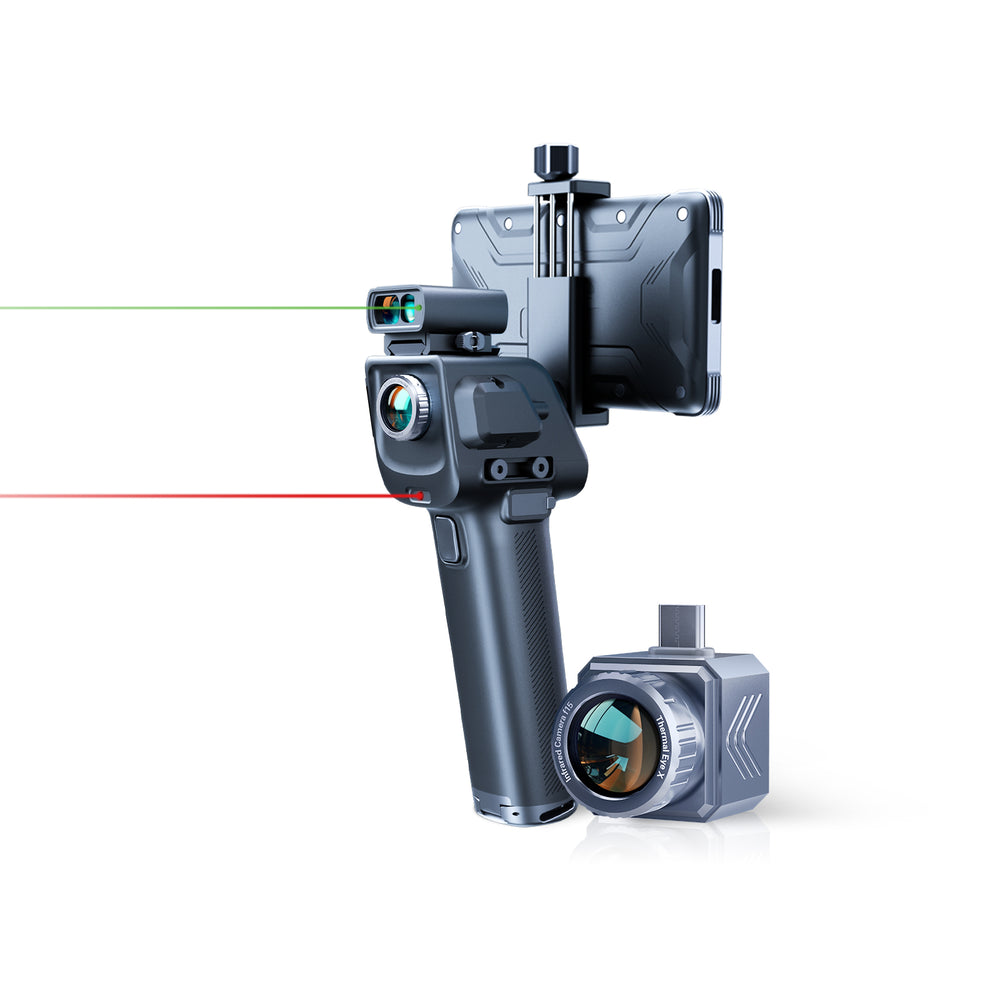
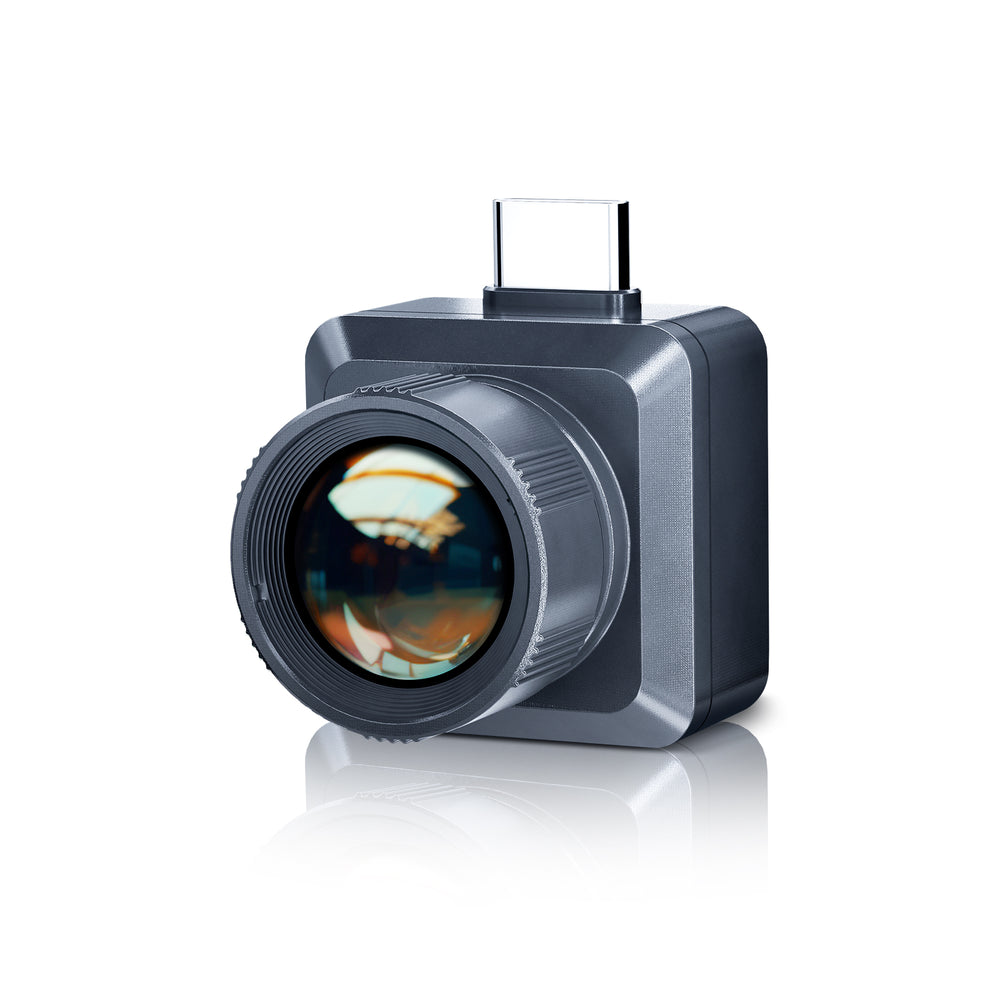
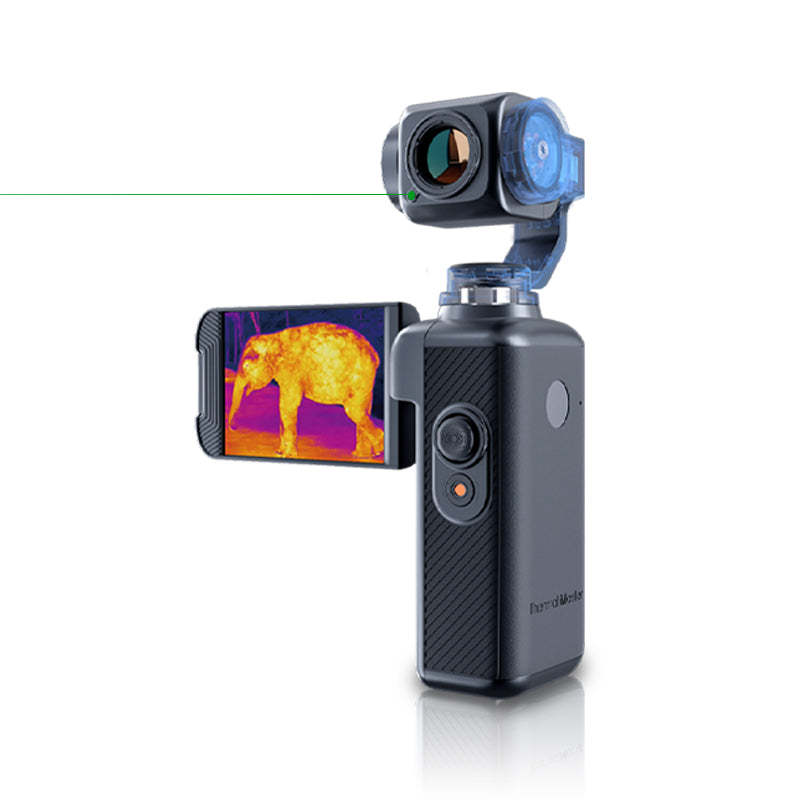
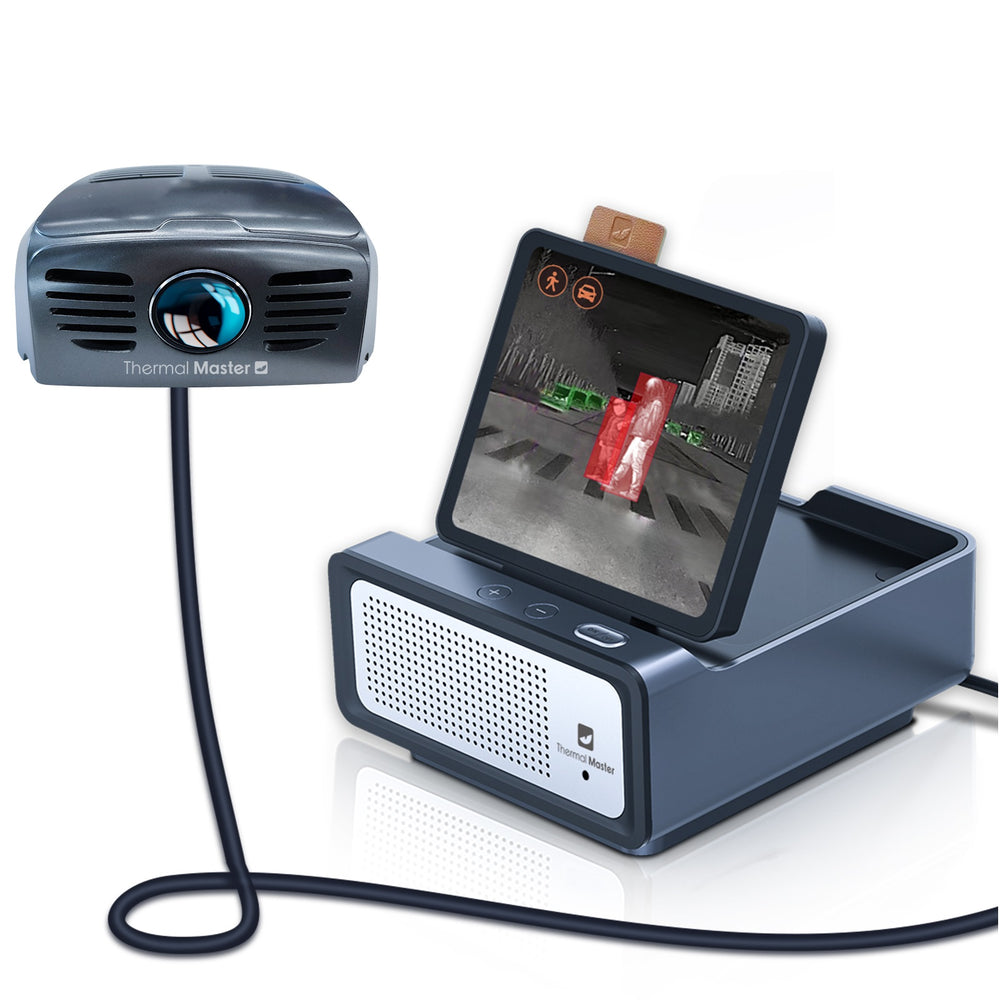
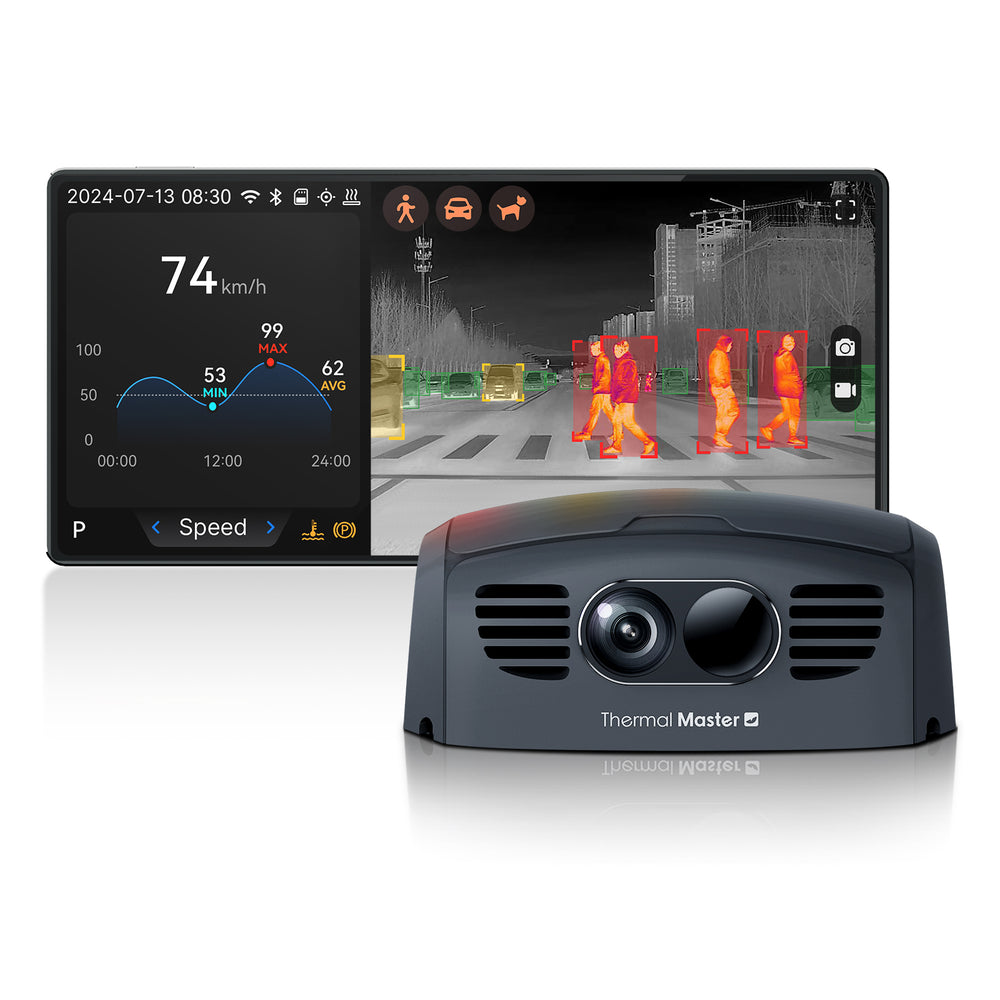
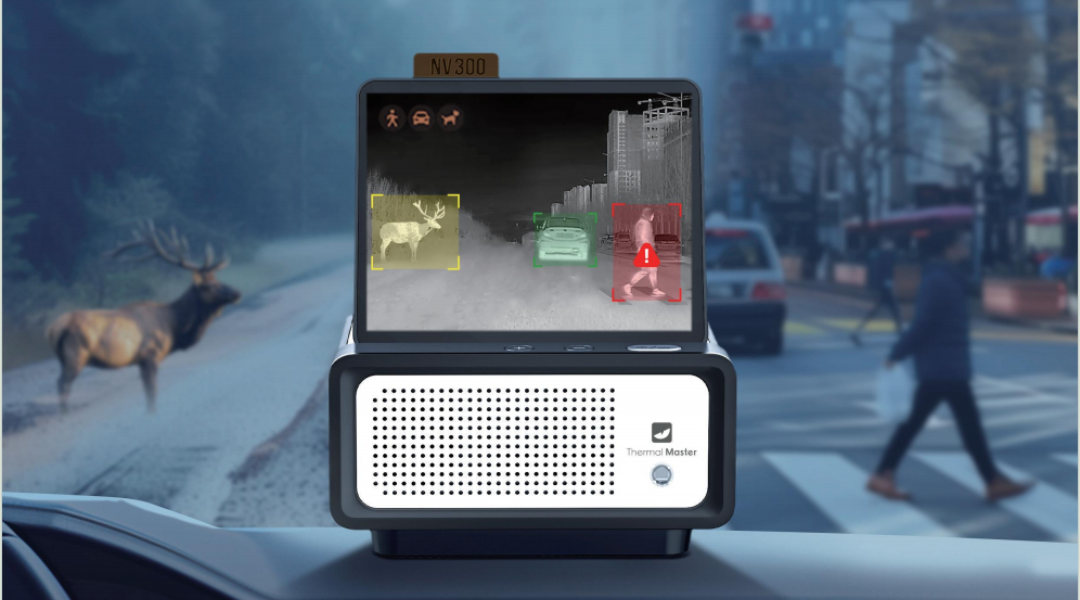

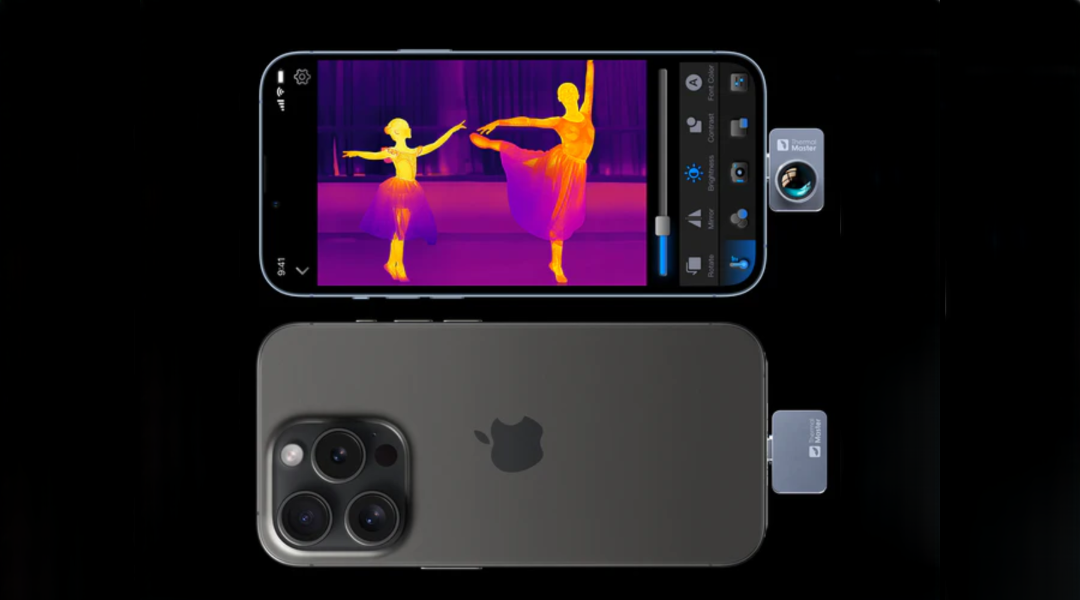
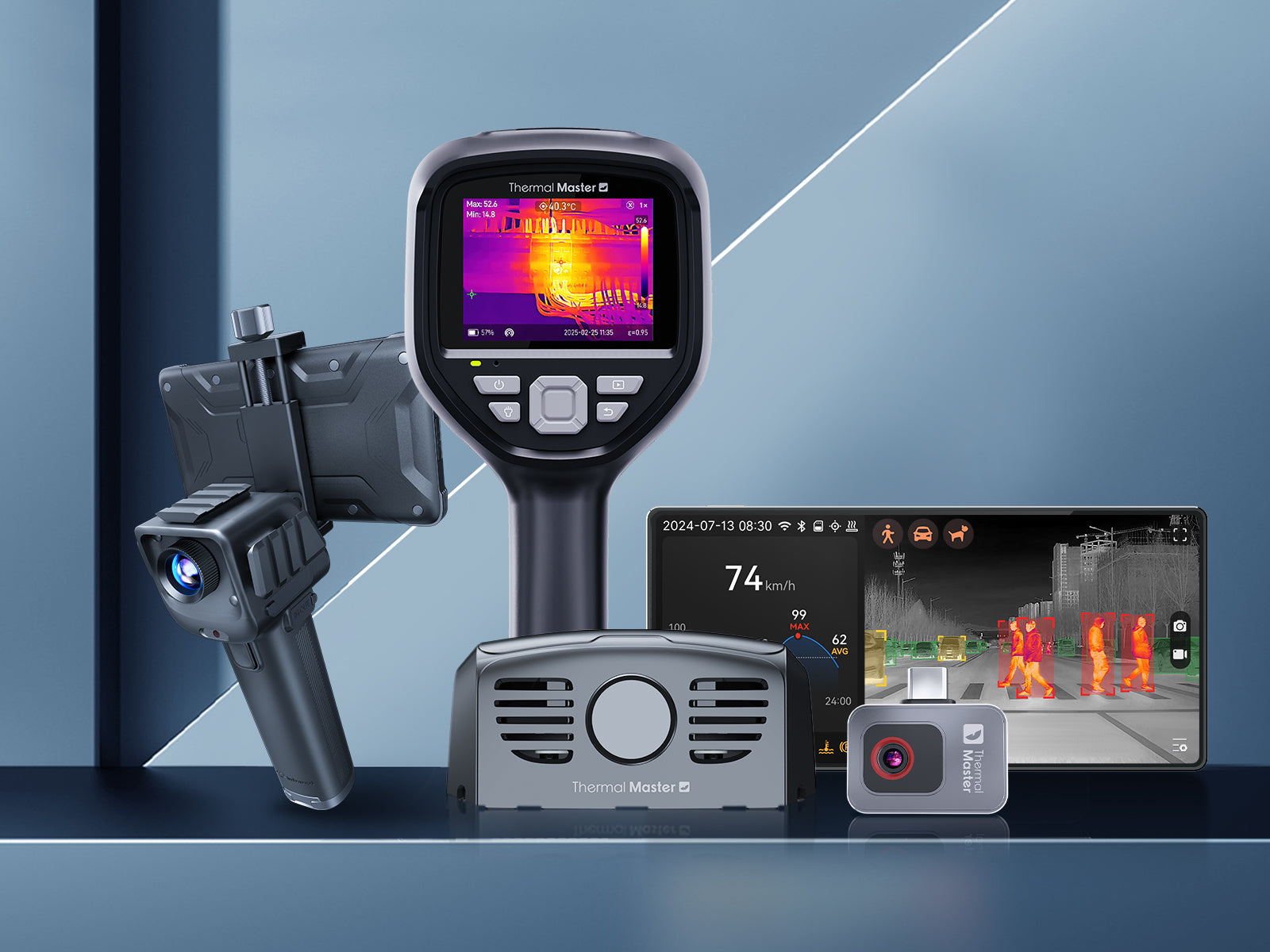
Leave a comment
All comments are moderated before being published.
This site is protected by hCaptcha and the hCaptcha Privacy Policy and Terms of Service apply.